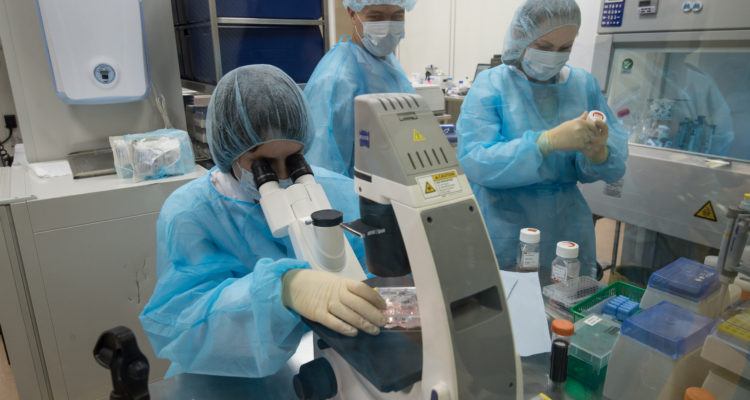“We decided to tackle this challenge…and find a solution that will restore tactile sensation to those who have lost it,” said Dr. Ben Maoz.
By Lauren Marcus, World Israel News
Researchers at Tel Aviv University announced they have successfully developed a first-of-its-kind sensor that can help restore sensation for people who have nerve damage.
According to a press release from the university, the triboelectric nanogenerator (TENG) sensor can be placed inside the body to bring back tactile sensation to an area where a person has lost feeling.
“Loss of sensation can result from a very wide range of injuries, from minor wounds – like someone chopping a salad and accidentally cutting himself with the knife – to very serious injuries,” said biomedical engineer Dr. Ben Maoz.
“Even if the wound can be healed and the injured nerve can be sutured, in many cases the sense of touch remains damaged. We decided to tackle this challenge…and find a solution that will restore tactile sensation to those who have lost it.”
The device is biocompatible, meaning that it does not need batteries, wires, or electricity to function.
When the tiny sensor, which measures less than half a centimeter, is implanted into an injured limb, it releases an electric current that stimulates a nearby functioning nerve, mimicking the sensation of touch.
The device has the potential to change the lives of millions of people living with loss of sensation in their limbs.
But while the results of initial trials are promising, the sensor needs further testing before it becomes a mainstream medical option.
“We tested our device on animal models, and the results were very encouraging,” said Dr. Maoz. “Next, we want to test the implant on larger models, and at a later stage implant our sensors in the fingers of people who have lost the ability to sense touch.
“Restoring this ability can significantly improve peoples’ functioning and quality of life, and more importantly, protect them from danger. People lacking tactile sensation cannot feel if their finger is being crushed, burned or frozen.”
The device was developed in a groundbreaking project led by Maoz and other Tel Aviv Unviersity researchers, including Iftach Shlomy, Shay Divald, and Dr. Yael Leichtmann-Bardoogo from the Department of Biomedical Engineering, Fleischman Faculty of Engineering, in collaboration with Keshet Tadmor from the Sagol School of Neuroscience, and Dr. Amir Arami from the Sackler School of Medicine and the Microsurgery Unit in the Department of Hand Surgery at Sheba Medical Center.
The results of the study were published in the industry journal ACS Nano.




